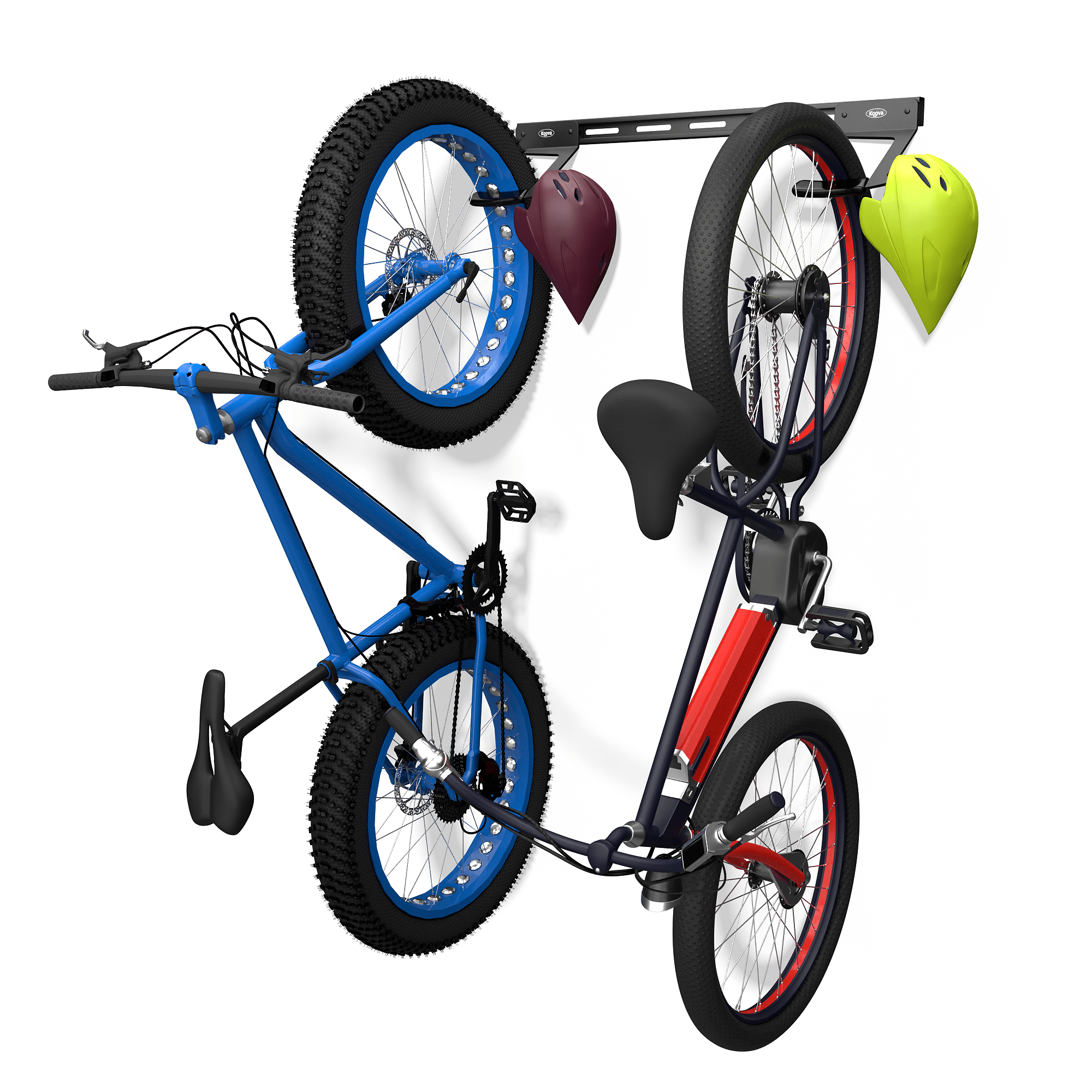Frequently Asked Questions
1. What is decluttering?
2. What are the emotional benefits of decluttering?
3. What are some psychological benefits of decluttering?
4. What strategies can help in effective decluttering?
5. How can I maintain organization after decluttering?
In a world overwhelmed by the accumulation of possessions, the art of decluttering has emerged as a vital practice for many. Understanding the psychology behind decluttering not only offers insight into our attachment to items but also provides a pathway to mental clarity and wellbeing. In this blog post, we will explore the significance of decluttering, its psychological benefits, and practical strategies to declutter your space effectively while incorporating must-have elements like heavy duty shelving brackets.
What is Decluttering?
Decluttering is more than just cleaning out your living space; it’s a transformative process that involves evaluating your possessions and deciding what to keep, donate, or discard. This action isn't solely about minimizing physical clutter; it's about clearing mental space, fostering positive emotions, and encouraging a sense of order.
The Emotional Journey of Decluttering
Decluttering can evoke a wide range of emotions, from relief and pride to nostalgia and anxiety. Many people experience emotional attachment to their belongings, leading to complications in the decluttering process. By understanding these emotions, we can better navigate our decluttering journey.
- Nostalgia: Items from our past can hold powerful memories, making it difficult to let go.
- Identity: Our belongings can represent who we are or who we aspire to be.
- Fear of Lack: Letting go of items brings about the fear of needing them in the future.
Recognizing these feelings helps validate your experience and empowers you to make healthier choices about your belongings. Knowing why you hold onto certain items can help you determine what truly adds value to your life.
The Psychological Benefits of Decluttering
Decluttering is recognized for its mental and emotional health benefits. Here are some reasons why engaging in this practice can significantly enhance your overall wellbeing:
1. Reduced Anxiety and Stress
Living and working in cluttered spaces can lead to feelings of anxiety and chaos. When physical clutter is present, it can be challenging to concentrate and enjoy a sense of calm. Decluttering creates a more organized environment, leading to reduced stress levels.
2. Increased Focus and Productivity
The act of decluttering improves your ability to focus on tasks and achieves higher productivity. A clean and organized space can inspire creativity and facilitate a state of mind that encourages action.
3. Enhanced Self-esteem
Completing a decluttering project can trigger feelings of accomplishment and empowerment. This can improve your self-confidence as you take control of your life and environment.
4. Clarity in Decision-making
Decluttering is also closely associated with improved decision-making skills. As you sort through your belongings, you practice critical thinking, which can translate into better decision-making in other areas of life.
Strategies for Effective Decluttering
Now that we understand the psychological benefits and emotional attachments we may have, let's explore practical steps to help you declutter your space effectively.
1. Set Clear Goals
Establishing specific and achievable decluttering goals can provide direction. Whether it’s aiming to tackle a single room in your house or a particular category of items, having clear objectives will keep you motivated.
2. Start Small
(Don’t bite off more than you can chew!) Start with a small area, such as a drawer or a shelf. Completing smaller tasks can provide immediate satisfaction and motivate you to tackle larger areas. Using heavy duty shelving brackets can also help maximize your storage potential in your organization efforts.
3. The Four-Box Method
When decluttering, use four boxes labeled as follows:
- Keep
- Donate
- Sell
- Trash
This method simplifies the decision-making process and ensures every item has a designated place.
4. Limit Your Time
Set a timer for 15 to 30 minutes for each decluttering session. Short bursts of focused effort can help make the process seem less daunting while ensuring you stay on track.
5. Embrace Minimalism
Consider adopting a minimalist mindset by only keeping items that add value to your life or bring you joy. The famous Marie Kondo philosophy emphasizes the importance of surrounding yourself with items that spark joy. This practice fosters appreciation for what you own and encourages mindful consumption.
Practical Tips for Organizing Post-Decluttering
Once you've successfully decluttered your space, the next step is effective organization. Here are some strategies to help maintain an organized environment:
1. Invest in Good Storage Solutions
To keep your space organized, consider solution-oriented investments, such as heavy duty shelving brackets. They can help maximize vertical space and keep your items accessible without adding clutter.
2. Create Zones
Designate specific zones for specific activities. For example, create a reading nook or a workspace, and keep items associated with those activities in their respective zones to minimize distraction.
3. Develop a Maintenance Routine
To sustain a clutter-free environment, develop a routine. Schedule regular check-ins to reassess your belongings and ensure that unnecessary items don’t find their way back into your space.
Understanding the Long-term Impact of Decluttering
As you embark on your decluttering journey, it’s essential to understand that the benefits extend far beyond physical space. Mental clarity, increased productivity, emotional freedom, and improved self-esteem are just a few long-term impacts of this practice.
1. A Clear Mind Equals a Clear Path
The process of decluttering can serve as a metaphor for life. Just as we tidy our physical spaces, we can reflect and reevaluate areas in our lives that may need decluttering—relationships, obligations, and even thought patterns. A clear mind opens up new possibilities for growth and self-discovery.
2. Fostering a Mindful Relationship with Possessions
Engaging with the practice of decluttering shifts your perspective on ownership. It encourages a gentle reminder to appreciate the belongings you decide to keep and ensures that you remain intentional about future purchases.
3. Inspired Lifestyle Changes
Ultimately, decluttering can be a catalyst for other productive lifestyle changes, such as adopting healthier habits, pursuing new goals, or simply enjoying the newfound freedom and joy of a well-maintained space.
Your Path to Freedom and Clarity Awaits!
With a solid understanding of the psychology behind decluttering and effective strategies to embrace this practice, you are now equipped to create a space that promotes peace and efficiency. Remember, decluttering is a journey, not a destination, and it invites you to reassess and realign your life toward clarity and joy through intentional choices. Surround yourself with items that resonate with you, and don't forget the benefits of practical solutions like heavy duty shelving brackets to help support your newfound order. Embrace the freedom that comes from letting go and the clarity that follows—you deserve it!


